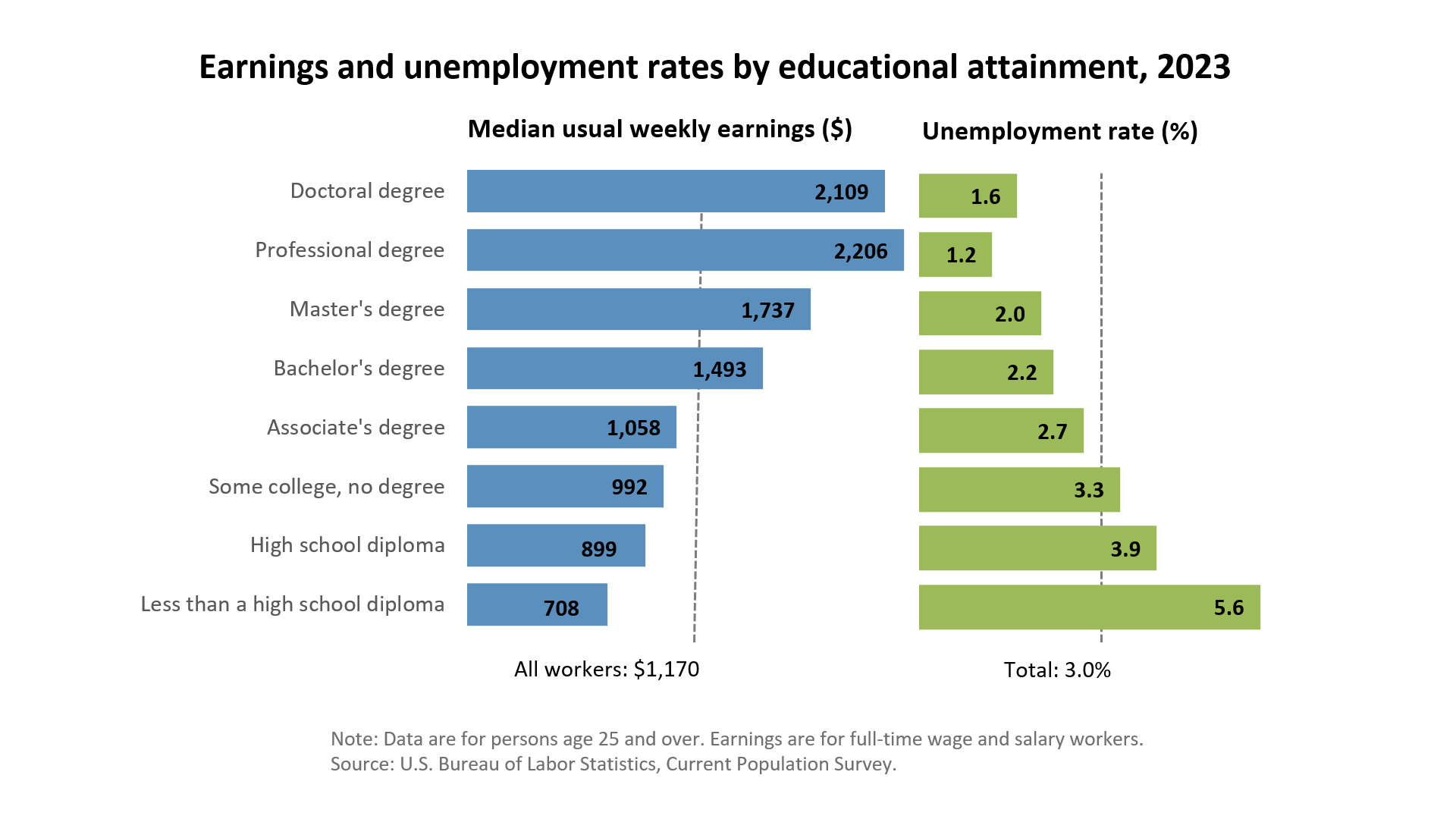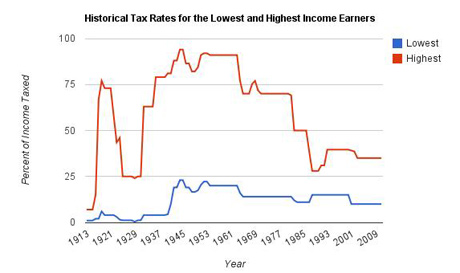Investing in high yield opportunities can be a lucrative strategy for those seeking to grow their wealth. However, with numerous options available, it can be challenging to navigate the investment landscape and make informed decisions. This is where high yield investing reviews come into play.
Understanding the Concept of High Yield Investing
High yield investing involves pursuing above-average returns through financial products or assets that offer greater potential rewards than traditional investment options. These investments come with higher risks but can lead to substantial profits.
They generate income at a significantly higher rate and require careful research and risk management. It is important for investors to diversify their portfolios and assess their risk tolerance before engaging in high yield investing.
Why Reviews Are Crucial in Making Informed Investment Decisions
Reviews are essential when considering high yield investment opportunities. They provide unbiased information, real-life experiences, and risk assessments to help investors make informed choices. Reviews also offer market insights and act as a safeguard against scams, ensuring that investors can navigate the investment landscape with confidence.
By leveraging the power of reviews, investors can make sound decisions that align with their financial goals and risk tolerance.
Stocks with High Dividend Yields
Investing in stocks with high dividend yields is a popular strategy for generating income. These stocks belong to companies that distribute a significant portion of their profits as dividends to shareholders. By investing in these stocks, individuals can benefit from regular income streams and the potential for capital appreciation.
One advantage of dividend stocks is the consistent income they provide. Companies like Coca-Cola, Johnson & Johnson, and Procter & Gamble are known for their reliable dividend payments, attracting investors seeking stability and long-term growth.
However, it’s important to consider the risks. Fluctuations in stock prices can affect overall returns, and during economic downturns, companies may reduce or cut dividends. Diversifying portfolios and conducting thorough research are crucial.
In addition to stocks, there are other high-yield investment options such as bonds and fixed-income investments. While these offer predictable income, they may have lower potential for capital appreciation compared to dividend stocks.
To make informed decisions, investors should analyze companies’ financial health, dividend payout ratios, and market conditions. Understanding these factors helps identify high-quality dividend-paying stocks aligned with investment goals and risk tolerance.
In summary, investing in stocks with high dividend yields can generate income while potentially offering capital appreciation. Assessing risks and conducting thorough research maximize chances of success in dividend investing.
Bonds and Fixed Income Investments
Bonds are debt securities issued by governments or corporations to raise capital. When an investor purchases a bond, they lend money to the issuer in exchange for periodic interest payments and return of principal at maturity.
There are different types of bonds available, such as government bonds, corporate bonds, municipal bonds, and treasury bills. Each type carries its own risk profile based on factors like creditworthiness and maturity length. In addition to stocks and bonds, real estate investment trusts (REITs) offer another avenue for high yield investments.
REITs pool funds from multiple investors to invest in income-generating real estate properties. Understanding the various options available can help investors diversify their portfolios and potentially enhance their returns.
Real Estate Investment Trusts (REITs)
Real Estate Investment Trusts (REITs) are companies that own, operate, or finance income-generating real estate properties. Investing in REITs allows individuals to benefit from the income generated by these properties without directly owning them.
REITs offer high yield potential as they distribute a significant portion of their taxable income as dividends to shareholders. They also provide advantages such as diversification, liquidity, and the potential for long-term capital appreciation.
However, investors should consider factors like interest rate fluctuations and market conditions when evaluating REIT investments. Overall, REITs present an attractive opportunity for high yield investing in the real estate sector.
Researching the Company or Asset Behind the Investment
When considering any investment opportunity with a high yield potential, it is imperative to conduct thorough research on the company or asset driving the investment. By examining key aspects such as financial statements, historical performance, future projections, and conducting due diligence, investors can make more informed decisions.
To begin with, analyzing financial statements provides valuable insights into a company’s profitability, debt levels, cash flow patterns, and overall financial health. By scrutinizing these statements, investors can gauge the company’s stability and understand its ability to generate consistent returns in the long run.
In addition to financial statements, analyzing historical performance is crucial in predicting future success. By assessing factors like revenue growth consistency, stable profit margins, and positive cash flow trends over time, investors can gain confidence in the company’s ability to deliver sustainable returns.
Considering future projections based on industry trends and market analysis is equally important. This involves evaluating whether the investment opportunity has potential for sustainable growth or if there are any red flags indicating potential challenges ahead.
By understanding how external factors may impact the investment, investors can make more informed decisions about its viability.
Moreover, conducting due diligence goes beyond surface-level research by examining industry dynamics, competition landscape, regulatory environment, and management team expertise. This comprehensive evaluation helps identify potential risks associated with the investment and assesses whether it aligns with an investor’s risk appetite.
By thoroughly researching the company or asset behind an investment opportunity through financial statement analysis, historical performance assessment, consideration of future projections, and conducting due diligence on various aspects of the business or asset itself; investors can gain a deeper understanding of its potential risks and rewards.
This knowledge enables them to make well-informed decisions that align with their investment goals and risk tolerance levels.
Finding Reliable Sources for Reviews
To ensure accurate and credible information for high yield investing, it is essential to find reliable sources for reviews. Trusted platforms like reputable financial publications and professional advisors specializing in high yield investments offer valuable insights.
However, exercise caution when relying solely on anonymous online forums or unverified sources. Cross-reference information with trusted sources to make informed investment decisions.
Evaluating Reviews Effectively
To make informed decisions, it is crucial to evaluate reviews effectively. Not all reviews are created equal, and understanding how to discern between reliable and biased feedback can greatly impact decision-making. When assessing reviews, it is important to identify any signs of bias that may influence the reviewer’s opinion.
This can be done by being cautious of overly positive or negative reviews that may be swayed by personal interests. Instead, look for balanced assessments that objectively analyze both strengths and weaknesses.
Additionally, recognizing common red flags mentioned repeatedly in multiple reviews is essential. These red flags could indicate consistent poor customer service, delayed payouts, or misleading marketing claims. Paying attention to these warning signs can help separate genuine feedback from potentially misleading information.
By evaluating reviews effectively, individuals can gain valuable insights into various investment opportunities. Whether considering high yield investing options or other investment avenues such as stocks, bonds, or real estate investments, reviews play a vital role in guiding decision-making.
They provide firsthand experiences and perspectives from other investors, allowing for a more comprehensive assessment of the risks and benefits associated with different investment options.
[lyte id=’L4yjHpHDP2k’]







